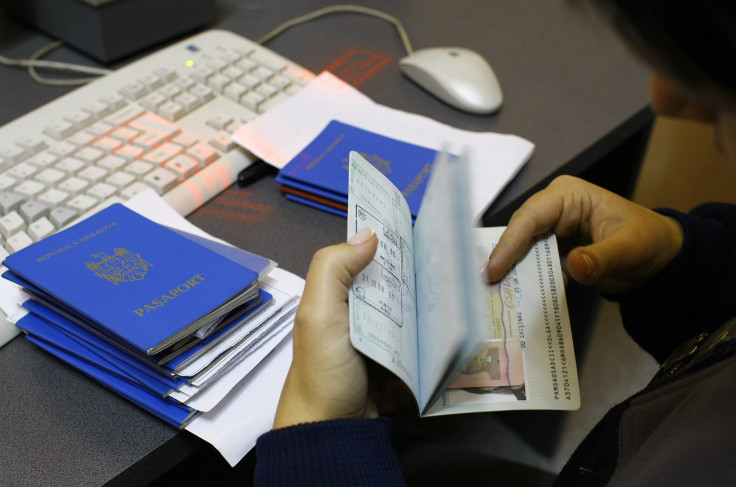Passport Gender Controversy: Intersex Veteran Sues US Government For Discrimination, Proposes 'X' Option

An American veteran filed a lawsuit Monday against the United States State Department alleging that its passport applications were discriminatory for people who don't identify with the gender binary. Dana Zzyym, a Colorado resident who prefers the pronoun "they," argued that the government was in violation of the Constitution by only having "male" and "female" designations and complicating travel, Reuters reported. Zzyym was denied a passport in December after they refused to pick a gender.
"I am not male; I am not female. I am intersex, and I shouldn’t have to choose a gender marker for my official U.S. identity document that isn’t me,” Zzyym said in a news release.
Zzyym is the associate director of the United States affiliate of the Organization Intersex International, an advocacy group for intersex people who are "born with, or who develop naturally in puberty, biological sex characteristics which are not typically male or female," according to its website. Zzyym was raised as a boy and joined the Navy as a man, the Associated Press reported.
So thrilled to see history in the making today! https://t.co/RReBBuGr6k #intersexequality pic.twitter.com/JwtKVrsGU6
— Hida Viloria (@HidaViloria) October 27, 2015Zzyym is being represented by Paul Castillo, a lawyer with the Lambda Legal Defense Fund, a legal organization fighting for lesbian, gay, bisexual and transgender rights. They want the State Department to amend passport applications with an "X" choice for people who don't identify as male or female.
“The U.S. government is forcing individuals who are neither male or female from accurately being able to affirm their identity,” Castillo told BuzzFeed News. “So they’re telling Dana they have to choose between who they are and their ability to travel, but they shouldn’t have to choose.”
As of 2010, the government already allows Americans to present "a certification from an attending medical physician that the applicant has undergone appropriate clinical treatment for gender transition" and get a passport with their chosen gender, according to a news release. But other countries were ahead of the United States. Nepal issued its first "O" -- for "other" -- passport this past August. Australia announced "X" passports in 2011, and New Zealand did the same in 2012.
A U.S. State Department spokeswoman declined to comment to the AP on Zzyym's lawsuit.
© Copyright IBTimes 2024. All rights reserved.






















